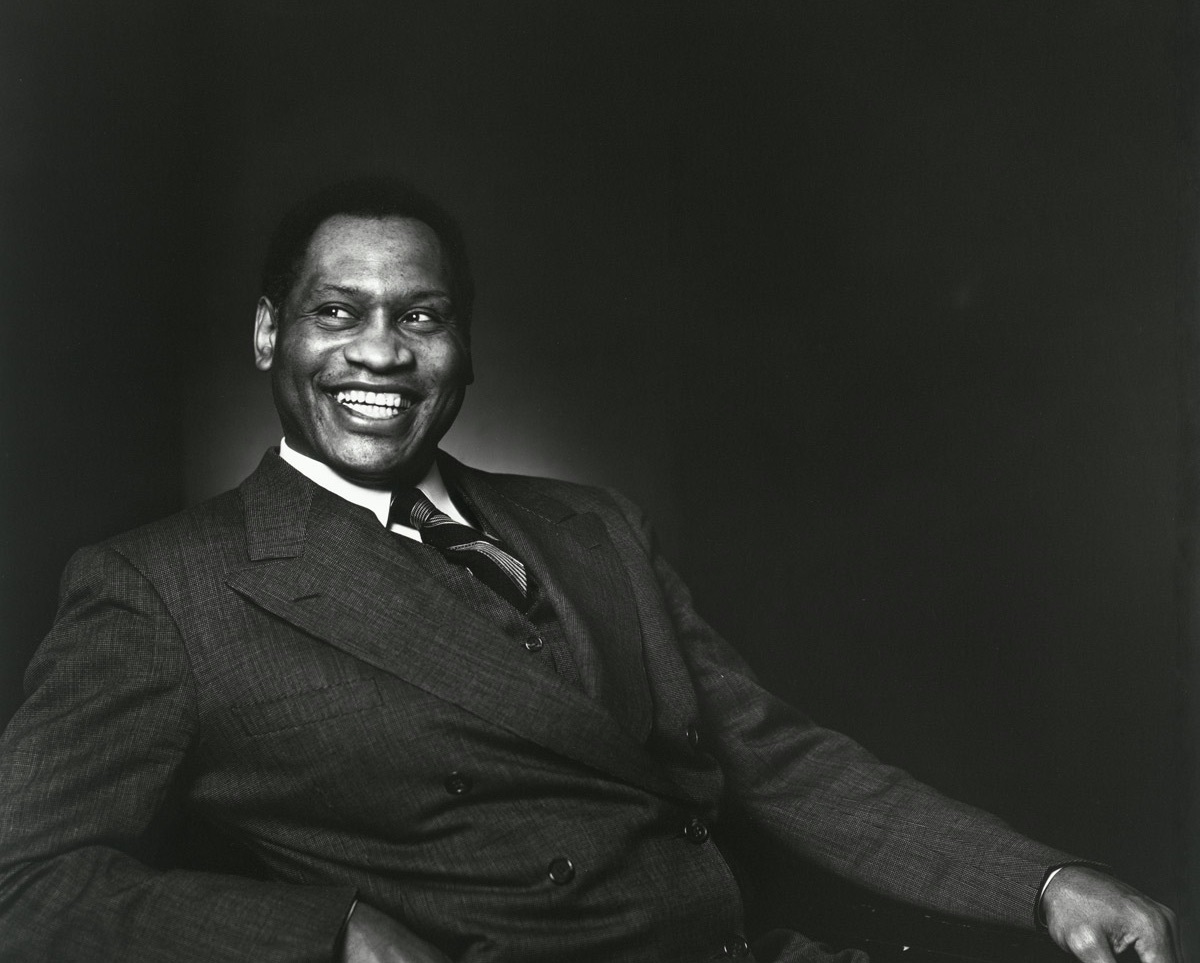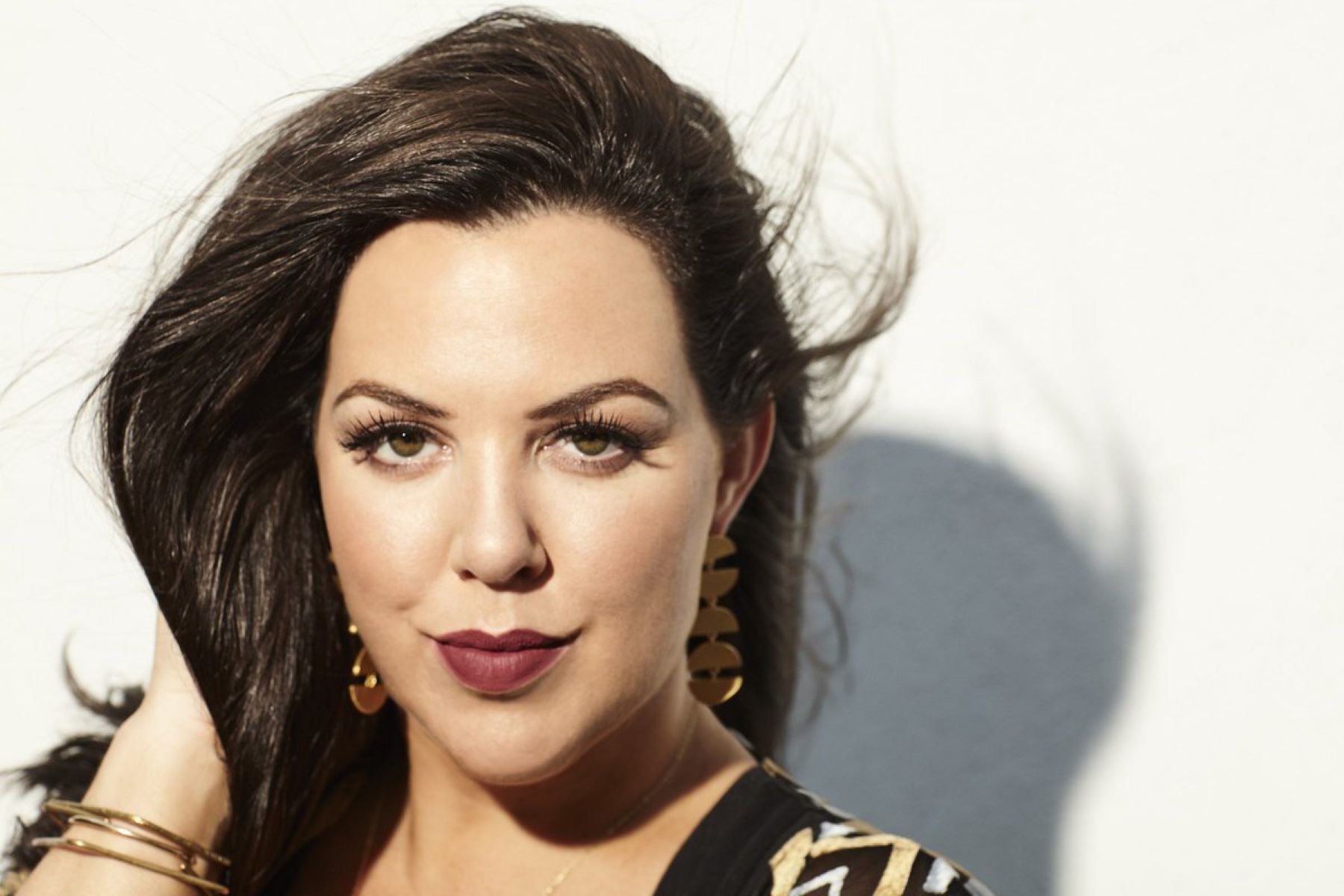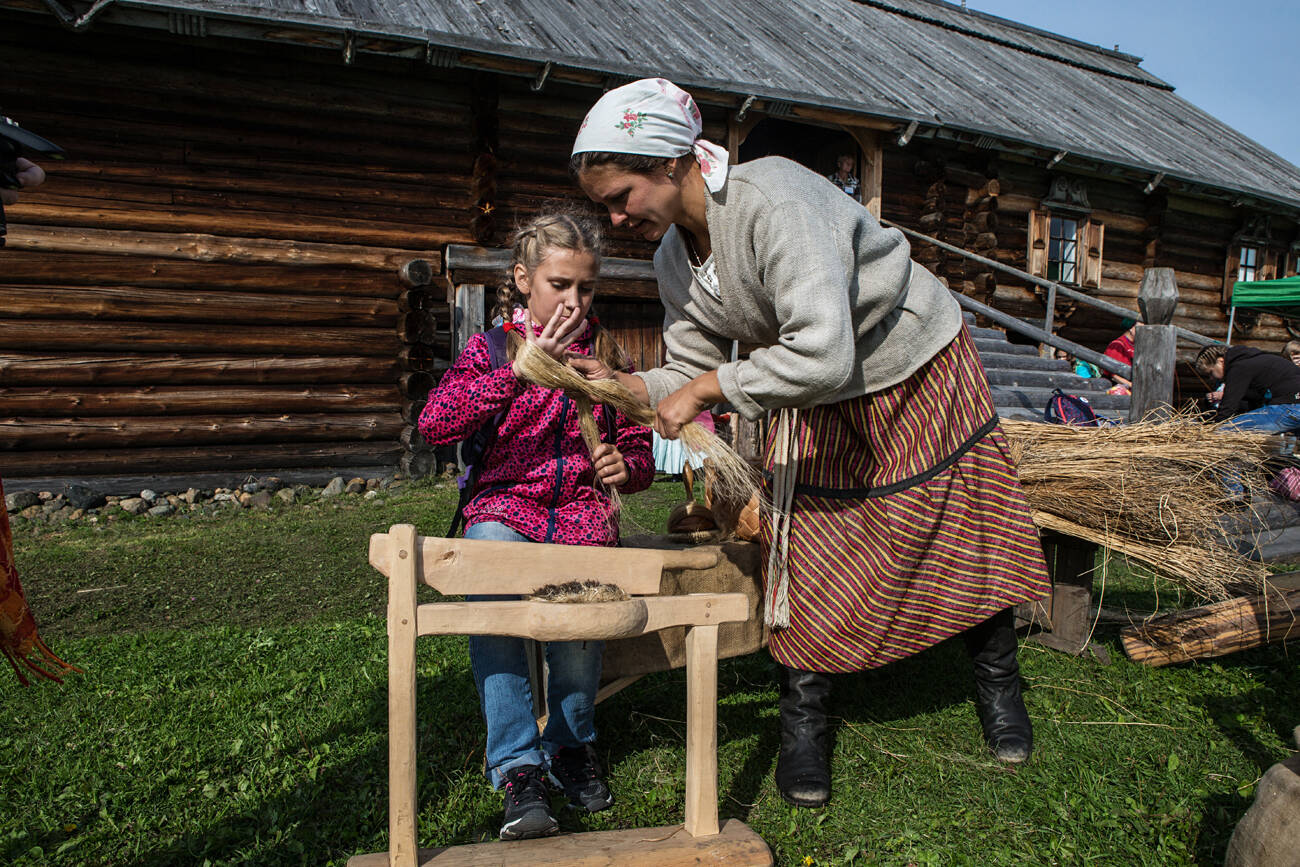
Who was Paul Robeson? Paul Robeson was a man of many talents and convictions. Born in 1898, he was an American singer, actor, and civil rights activist. Robeson’s deep baritone voice and commanding stage presence made him a star in both the U.S. and Europe. He was also a standout athlete, excelling in football at Rutgers University. Beyond his artistic achievements, Robeson was a fierce advocate for racial equality and social justice. He used his platform to speak out against segregation and injustice, often at great personal risk. His legacy is a testament to the power of art and activism combined.
Early Life and Education
Paul Robeson was a remarkable figure whose life was filled with achievements and challenges. His early years set the stage for his future accomplishments.
- Born on April 9, 1898, in Princeton, New Jersey, Paul Robeson was the youngest of five children.
- His father, William Drew Robeson, was an escaped slave who became a Presbyterian minister.
- His mother, Maria Louisa Bustill, came from a prominent Quaker family of mixed ancestry.
- Robeson excelled academically and athletically, earning a scholarship to Rutgers University.
- At Rutgers, he was the third African American to attend and the first to be selected for the Phi Beta Kappa Society.
- He was also a star athlete, earning 15 varsity letters in sports like football, basketball, and track.
Career in Law and Activism
Robeson initially pursued a career in law but soon found his calling in activism and the arts.
- After graduating from Rutgers, he attended Columbia Law School.
- He briefly worked as a lawyer but left the profession due to racial discrimination.
- Robeson became involved in civil rights activism, advocating for racial equality and workers' rights.
- He was a vocal critic of colonialism and supported independence movements in Africa and Asia.
- Robeson was a member of the Council on African Affairs, which aimed to support African liberation movements.
Theatrical and Musical Achievements
Robeson's talents extended beyond activism; he was also a celebrated actor and singer.
- He gained fame for his role in the 1924 production of "All God's Chillun Got Wings."
- His portrayal of Othello in the 1943 Broadway production is still considered one of the greatest performances of the role.
- Robeson starred in the 1936 film adaptation of "Show Boat," where his rendition of "Ol' Man River" became iconic.
- He recorded numerous albums, showcasing his deep baritone voice and mastery of spirituals, folk songs, and classical music.
- Robeson performed concerts worldwide, using his platform to speak out against racism and injustice.
Political Beliefs and Controversies
Robeson's political views often put him at odds with the U.S. government and mainstream society.
- He was an outspoken supporter of the Soviet Union, believing it offered a model for racial equality.
- During the Cold War, his pro-Soviet stance led to accusations of communism.
- In 1950, the U.S. government revoked his passport, limiting his ability to travel and perform internationally.
- Despite these challenges, Robeson continued to advocate for civil rights and social justice.
- His political beliefs led to his blacklisting in the entertainment industry, severely impacting his career.
Later Years and Legacy
Despite facing significant obstacles, Robeson's legacy endures through his contributions to civil rights, arts, and culture.
- In 1958, his passport was reinstated, allowing him to travel and perform again.
- Robeson spent much of the 1960s in relative seclusion due to health issues.
- He received numerous accolades posthumously, including a Grammy Lifetime Achievement Award in 1998.
- Robeson's life and work have inspired countless artists, activists, and scholars.
- His autobiography, "Here I Stand," published in 1958, remains an important work on race and politics.
- Numerous schools, theaters, and cultural institutions bear his name, honoring his contributions to society.
- Robeson's influence extends to modern civil rights movements, with many activists citing him as an inspiration.
- His recordings and films continue to be celebrated for their artistic and cultural significance.
- Paul Robeson passed away on January 23, 1976, but his legacy as a trailblazer in civil rights and the arts lives on.
Paul Robeson's Legacy
Paul Robeson left an indelible mark on history. His achievements in music, acting, and activism showcased his immense talent and unwavering commitment to justice. Robeson’s powerful voice and performances captivated audiences worldwide, while his courage in standing up for civil rights inspired many. Despite facing significant challenges, including blacklisting during the McCarthy era, he remained steadfast in his beliefs. His contributions to the arts and his fight for equality continue to resonate today. Robeson’s life serves as a reminder of the impact one individual can have on society. His legacy lives on, encouraging future generations to pursue their passions and advocate for change. Remembering Paul Robeson means honoring a man who used his gifts to make the world a better place. His story is a testament to resilience, talent, and the enduring power of the human spirit.
Was this page helpful?
Our commitment to delivering trustworthy and engaging content is at the heart of what we do. Each fact on our site is contributed by real users like you, bringing a wealth of diverse insights and information. To ensure the highest standards of accuracy and reliability, our dedicated editors meticulously review each submission. This process guarantees that the facts we share are not only fascinating but also credible. Trust in our commitment to quality and authenticity as you explore and learn with us.


